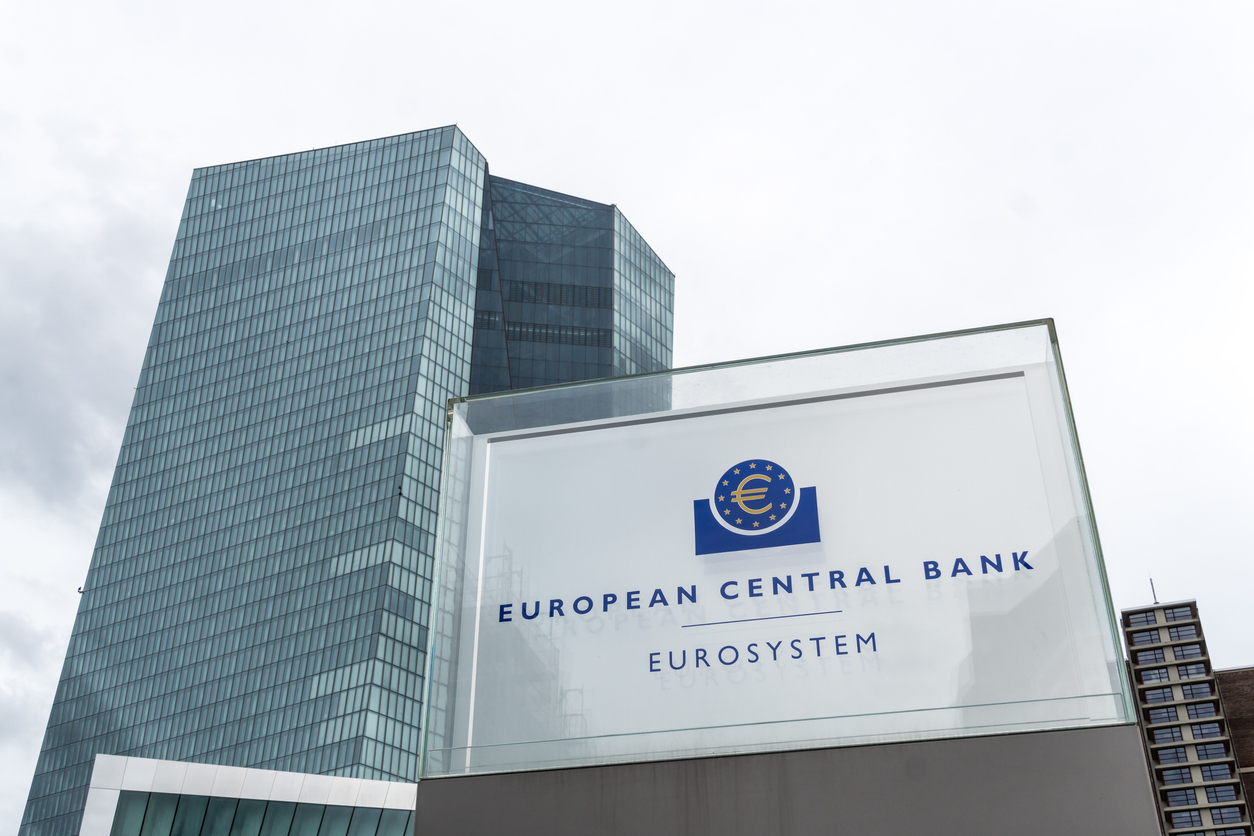The President of the European Central Bank argues that rising geopolitical tensions and bloc-building could push inflation higher and threaten critical supply chains.
Christine Lagarde, President of the European Central Bank, addressed the fragmentation of the global economy yesterday at the Council on Foreign Relations’ C. Peter McColough Series on International Economics. The American think tank Council on Foreign Relations (CFR) is one of the most important organizations specializing in U.S. foreign policy and international relations. In the C. Peter McColough Series on International Economics, the CFR regularly invites global economic policymakers and scholars to discuss current economic and political topics.
Lagarde sees the global economy fragmenting into competing blocs. The Covid-19 pandemic and disrupted supply chains forced international companies to rethink their global strategies; the war in Ukraine and the weaponization of energy and the connected spike in inflation further accelerated geopolitical tensions. Hence, Lagarde argues that “first, we may see more instability as global supply elasticity wanes; and second, we could see more multipolarity as geopolitical tensions continue to mount.” If geopolitical tensions continue to accumulate, inflation could increase by 5 percent and jeopardize the leading status of the Dollar and Euro, according to Lagarde. Considering the US depends entirely on the import of 14 critical materials and Europe relies almost exclusively on Chinese imports of rare earth elements (REE), geopolitical rifts would hit Western industries in fields like the electric vehicle market or the clean energy sector especially hard, threatening the energy transformation.
Adapting to Geopolitical Challenges Must Be the Top Priority of Central Banks
China’s role as the world’s biggest exporter has also incentivized an increased usage of the Chinese Renminbi in favor of the Euro and Dollar in some countries, according to Lagarde. In fields like REEs, nations could increase cooperation with China to evade the possible fallout of trade restrictions. Only recently, China said it considers an export ban on REE technologies in a response to Western export controls on microchips. To prevent supply shocks, Lagarde argues that the central banks must adapt to the geopolitical challenges and respond accordingly. She also advocates for the collaboration of countries to secure supply chains and diversify energy production.
Photo: iStock/Cineberg


